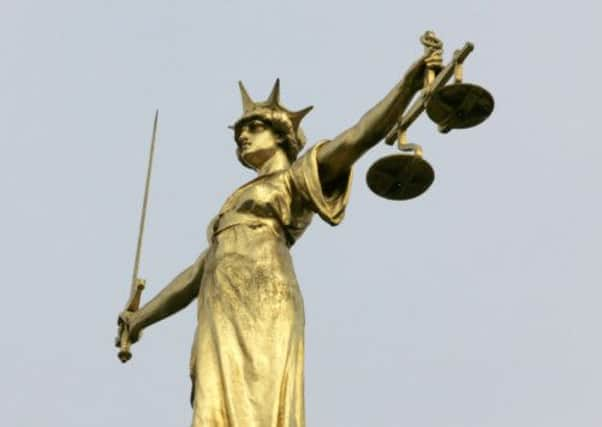Leeds United police bill in court


In July, The Championship side won a decision that it was entitled to be repaid by West Yorkshire Police for services wrongly categorised as special police services over the seasons between 2009 and 2012.
The sum at stake amounts to about £1 million or £350,000 a season - which equates to 17 new police constables, John Beggs QC told the Master of the Rolls Lord Dyson, Lord Justice Moore-Bick and Lord Justice McCombe today.
Advertisement
Hide AdAdvertisement
Hide AdThe litigation involves policing in the extended footprint of land immediately around the stadium which is not owned, leased or controlled by the club.
High Court judge Mr Justice Eady said those services could not be classified as special police services and the club, whose home matches have one of the worst records of football-related violence in the country, should be repaid.
He concluded that the services rendered fell within the normal constabulary duty to keep the peace.
Mr Beggs, for West Yorkshire Police, said that, on any realistic view, the policing provided in the extended footprint was provided exclusively for the benefit or protection of the club and its customers - both home and away supporters.
Advertisement
Hide AdAdvertisement
Hide AdArguing that the judge was wrong to rule that the Police Act 1996 could not encompass such policing, he said the deployment was part of a pre-planned preventative and facilitative operation to protect those attending matches.
The area required no policing whatsoever on non-match days, with one community support officer patrolling the entire area a few times a day as part of a larger beat. Yet, on match days, numerous officers were required.
Since no - or hardly any - members of the public who were not attending the match were present in the extended footprint on match days, the policing provided there was not for the protection of the general public.
The judges are expected to reserve their decision at the end of the contested hearing.